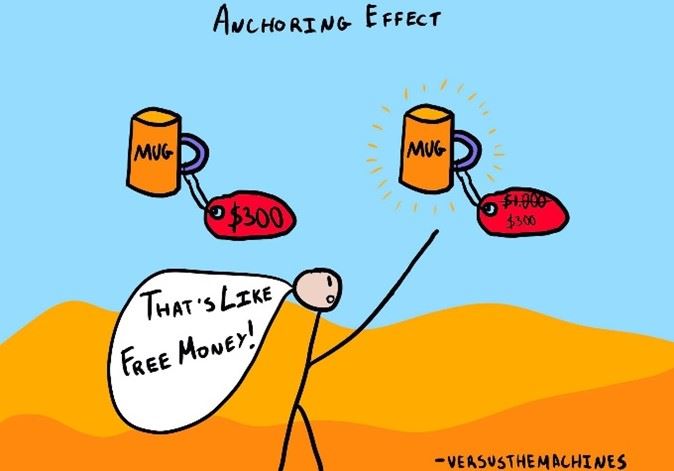As a manager, employee, parent, or simply as a human living in the 21st century, you have probably experienced information overload firsthand, and it's possible that you are even experiencing it right now.
In such circumstances, it can be difficult to make clear-headed and unbiased decisions. It is important to recognize when we are overwhelmed because we risk getting into a bias trap and making a wrong choice.
And since information overload is one of the most common bias traps and is a frequent component of our profession, let’s discuss how we can recognize that we are in a biased thinking mode.
Imagine you have hundreds of patient notes to go through over limited time. Your brain will recognize the pressure and will automatically use shortcuts to help you make fast assessments. Essentially, bias is a pattern recognition technique that our brain develops over time and keeps for quick reference, which helps ease the burden of information overload.
The two most common biases that people experience when facing an overwhelming amount of data are Confirmation bias and Anchoring bias.
Confirmation bias describes our underlying tendency to notice, focus on, and give greater credence to evidence that fits with our existing beliefs.
Let’s say you have a patient who reminds you of your relative whose condition was successfully treated with a certain therapy. Upon research, you will likely notice the literature supporting your beliefs and leave all other opinions without attention. Same bias you will experience when searching for the answer to your question in Google. You will likely give more credit to answers that are aligned with your beliefs, even if they are wrong.


The image is taken from the decision lab website https://thedecisionlab.com
Anchoring bias refers to our tendency to rely heavily on the first piece of information we encounter when making decisions. That’s why first impressions often play a significant role in how we think of people. We quickly develop a theory in our heads about a person’s background, intellect, ability to pay, and so forth.
Although bias is the mechanism that helps us avoid being paralyzed by constant information overload, it can affect our actions and decisions in relation to patients, our co-workers, and important processes.
Have you noticed this bias appearing in your workplace? Take some time to reflect on what actions you can take to create space and pause between what triggers your biases and how you react.